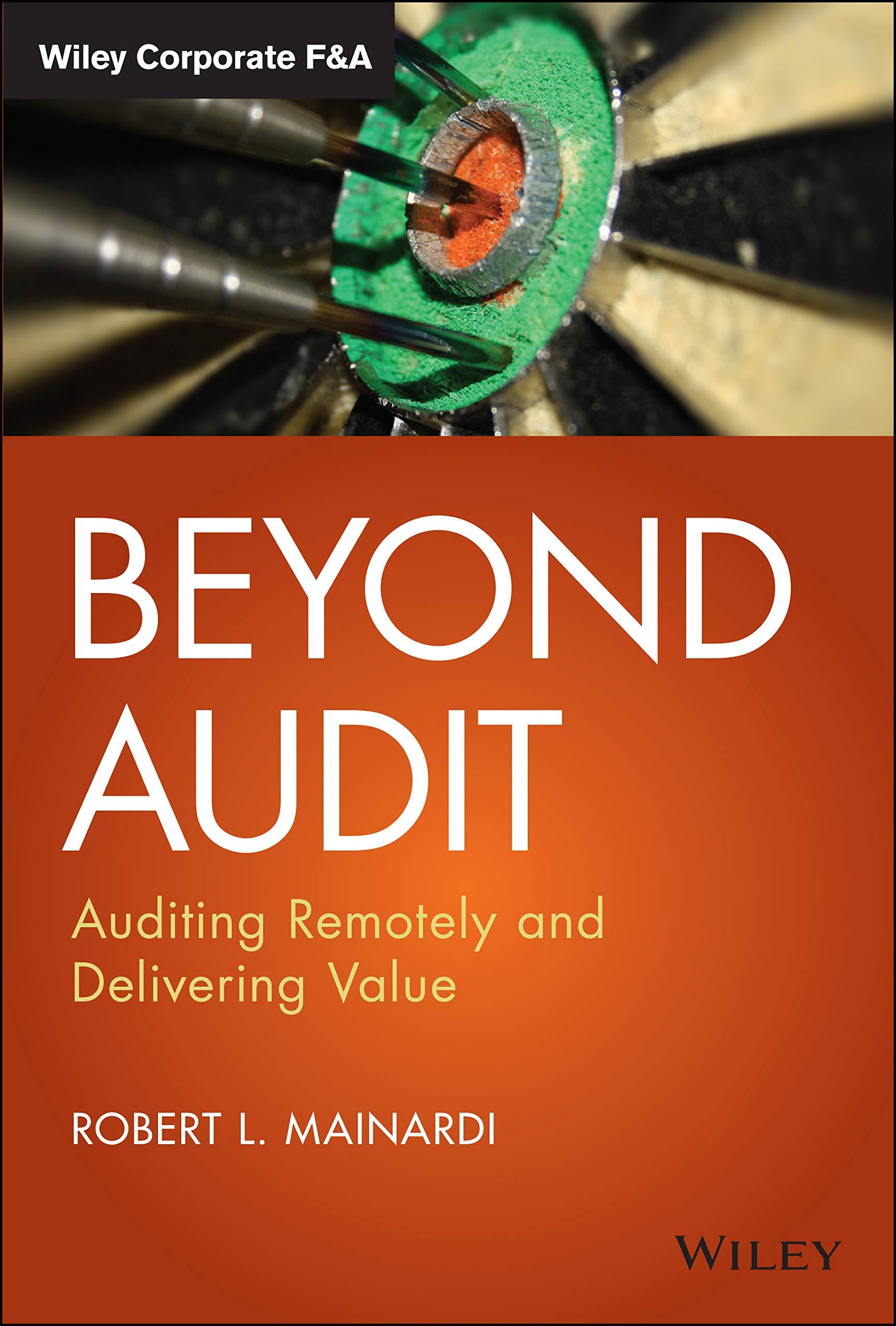(Not a repeat question.) Chuck's Guitar makes Traditional acoustic guitars and Concert Quality guitars. Both use essentially the same manufacturing processes: 1. A guitar neck is cut to shape from a wooden blank using an automated milling machine and enters the assembly area. (Not the focus of this problem.) 2. Plywood is cut in shapes that will ultimately form the figure-8-shaped box. Both guitar types use the same amount of plywood and are cut in the same way in this activity, but the Concert Quality guitar uses much higher quality plywood that is purchased in smaller quantities. 3. The cut plywood is shaped and glued into the traditional figure-8-shaped box, and the neck is added. The assembled guitar is finishsanded. 4. Assembled guitars are moved to another area for finishing. 5. After assembly processes are complete, the assembly area is set-up (cleaned) for the next batch to start production. 6. All laborers earn $10 per hour and do not work when guitars are not being made. The assembly activities typically take the same amount of labor time per guitar for both types of guitar (about one labor hour per guitar.) Expected annual indirect costs for assembly activities: Assembly Activities include cutting the plywood for the box, shaping. gluing, attaching the milled neck, and sanding. nther information exnerter for the vear' If Chuck's Guitar's accountant does a special study and finds that the activity shaping, gluing and sanding requires more about 1.5 times the use of equipment, tools and supplies for a concert quality guitar than for a traditional guitar, which of the following drivers would you recommend for that activity: # of concert quality guitars multiplied by 1.5 plus # of traditional guitars. #" of total guitars. Milling machine hours Labor hours In a manufacturing company where the Procurement Department largely buys items for production, the input which starts the "procure materials" activity to begin would most likely be: Development of the materials budget by the procurement manager. Receipt of requisition forms from the plant manager. Selection of a vendor from an approved vendor's list by an agent. Electronic communicator of the production schedule by the plant manager









